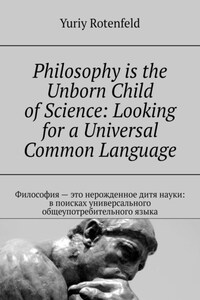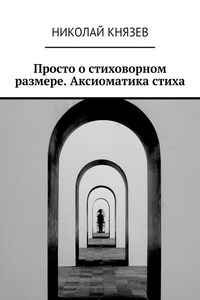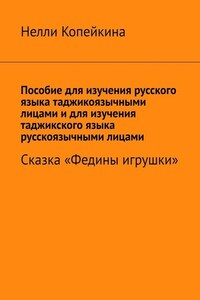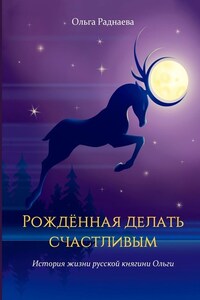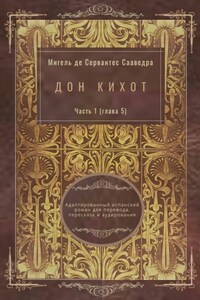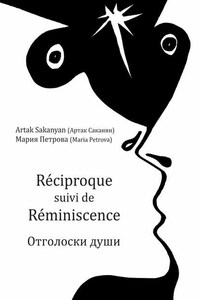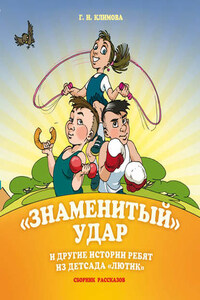Today it is possible to speak about the deepest crisis of language caused by the fact that speech activity of people, especially in the humanitarian sphere, is carried out by means of such conceptual thinking, in the frames of which not only the fact is true, that one and the same expression acquires different sense in different situations, but even separate words have not only one, but several meanings. As a result, not only the understanding of social reality, most of its meanings becomes unclear, but also communication between people is complicated. This language is not subject to any correction because there are no facts to correspond the most common of its concepts.
Thinking with the use of classification concepts is dominant in the socio-humanitarian disciplines, which only partially uses a different intelligible type of concepts – specifically-scientific comparative concepts of different kinds, contributing to the transition from an intellectual understanding of the world to rational thinking, manifesting itself in the modern natural Sciences. And as the beginning of all specific Sciences are considered the well-known comparative concepts of gradation type, such as long and short, rich and poor, and similar concepts.
Examples of comparative concepts of gradation type
More complex relationships, causing cyclic processes, I call comparative concepts of orthogonal form. This potential and kinetic, electrical and magnetic and the like concepts, many of which reflect the relationship of the parties, separated from each other in the cyclic process, not by one hundred eighty degrees, as is the case ща opposites, but by a quarter of the period, i.e., ninety degrees.
Examples of comparative concepts of orthogonal form
In addition to these kinds can be identified specifically-scientific comparative concepts of additional and similar type1.
The language of specifically-scientific comparative concepts is the most optimal variant of the scientific language suitable for unambiguous expression of meanings.
To the same extent, it can be used in both Natural sciences and Humanities. And although the specifically-scientific comparative concepts of different types are still not collected into separate groups, but it is safe to say that the use of these thinking instruments has excluded the ambiguity in the natural scientific knowledge and as a consequence led to their rapid development. Hence appeared the split between social-humanitarian and natural scientific knowledge, which can be overcome only by the use of specifically-scientific comparative concepts in the Humanities.
The transition from intellect and reason to wisdom is carried out at the expense of the third type of thinking instruments – specifically-universal comparative concepts of different types. The simplest of them are «four types of opposition» coming from Aristotle, as the author of «Metaphysics" called comparative concepts2.
Forming from these concepts the Matrix as the embryo of the future universal philosophical language, we find objective points of view, which are equal for all, which leads not only to an understanding of the original natural and social relations, but also to the beginning of mutual understanding.
Figure 1. Aristotelian Matrix in our performance
Continuing along the same path, we find two more complex concepts of Pythagoras and Heraclitus, as well as in modern natural Sciences, and supplement the Matrix with them. So there is a formation of a cumulative number of concrete-universal comparative concepts, starting with an abstract identity and ending with an abstract difference.
Figure 2. The cumulative number of comparative concepts
Continuing to go the same way, we supplement this series with other, even more complex concrete-universal comparative concepts that reveal the idea of «philosophical theory of everything».
Figure 3. Philosophical «Theory of Everything’
Specifically-scientific and specifically-universal comparative concepts of different types, raise the intellectual thinking two levels higher, that is, to the level of reason and the level of wisdom, understood in no other way, than «the knowledge of the universal».
And specifically-scientific comparative concepts, allow translating Humanities from the level of opinions to the level of specific scientific objective knowledge, as is the case in the Natural Sciences, while specifically-universal comparative concepts, incorporating similar specific scientific concepts of different types, raise philosophy to the level of cumulative objective science3.
As a result, we have a universal method of ascent from intellect to reason and wisdom, characterized by the ascent from the set of subjective opinions to unambiguous knowledge through the use in the thinking process not only of classification, but also of the specifically-scientific and specifically-universal comparative concepts. In one case, we have a variety of specific Sciences, including Humanities. In another case – metaphysics as «the science of the first causes and principles», as Aristotle understood philosophy4.
Figure 4. Three stages in the development of the mind
